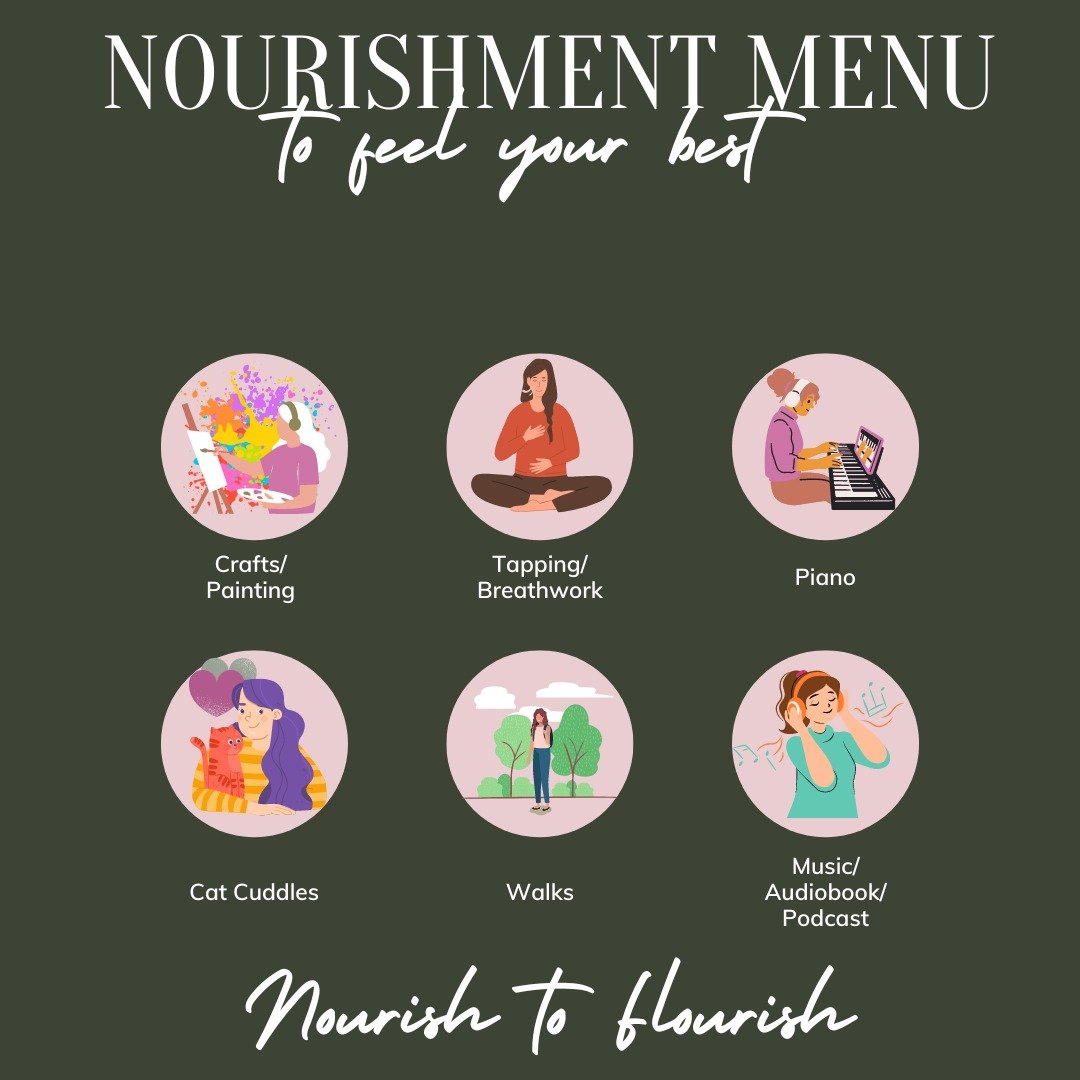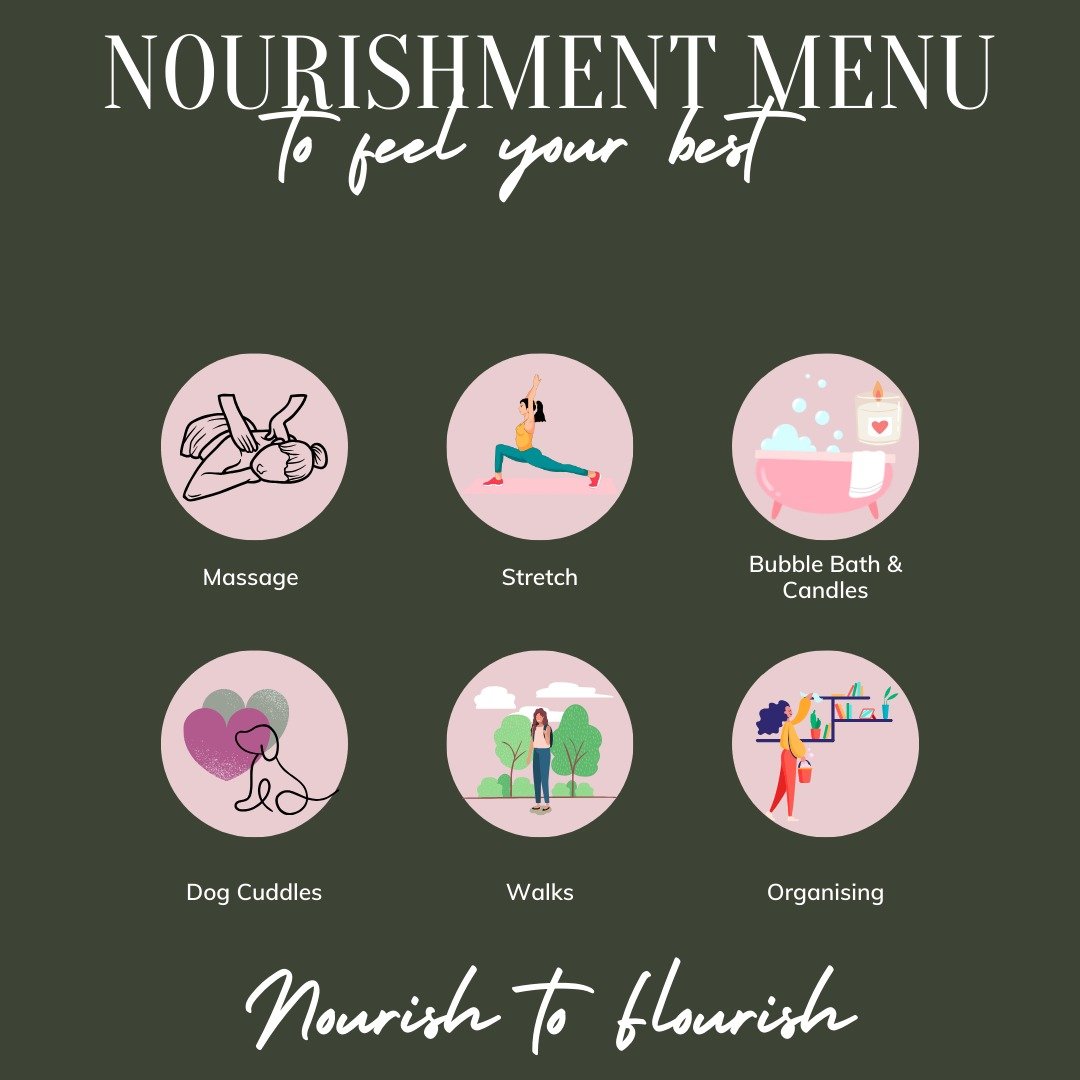Reduce stress to eat and live better. Combat comfort eating effectively.
It’s time to quit quitting, and breaking those promises to yourself.
Are you feeling like you're constantly battling against stress, only to find yourself turning to old habits like emotional eating or skipping your workout? It's a familiar struggle for many, and understanding the science behind our behaviours can unlock the path to lasting change.
Understanding Our Brain's Response to Stress
Our brain plays a critical role in how we handle stress and make daily decisions. When we experience stress, our brain's amygdala (our emotional thermostat) activates the fight-or-flight response, often leading us to habitual, comfort-seeking behaviours like snacking or avoiding exercise. Neuroscience shows us that regular mindfulness practices can reduce the amygdala's reactivity, enhancing our ability to make thoughtful decisions rather than falling back on emotional eating.
The Role of Cortisol in Emotional Eating
Cortisol, known as the stress hormone, is closely linked to cravings for high-calorie foods. Practices like yoga and mindfulness meditation have been proven to reduce cortisol levels, which helps curb cravings and support weight management goals (Journal of Psychosomatic Research).
Understanding the Perseverance of Harmful Habits
The persistence of harmful habits, like emotional eating, can often be explained by the concept of habit loops. These loops consist of a cue, a routine, and a reward. For example, stress acts as a cue, triggering the routine of emotional eating, which temporarily provides a comforting reward. This reward reinforces the routine, making the habit difficult to break.
Neuroscience describes this process through the lens of the "chimp brain," a term popularised by Dr. Steve Peters in his work on psychological mind management. The chimp brain reacts instinctively and emotionally, often overpowering our more logical and rational "human brain." This part of our brain can drive us to repeat behaviours that give immediate relief or pleasure, despite their long-term negative consequences, emphasising the challenge in overriding established habit loops with more rational, health-conscious decisions.
Intercepting Stress Before It Peaks
By understanding and intercepting stress before it reaches its peak, we may be able to keep our rational "human brain" in control, preventing the emotionally-driven "chimp brain" from taking over. This proactive approach allows us to maintain clarity and make healthier decisions that align with our long-term goals rather than succumbing to immediate gratification. Keep reading for strategies on how you can effectively manage stress and maintain your human brain's dominance in stressful situations.
"It's not the load that breaks you down, it's the way you carry it." – Lou Holtz
We have to get real here. Stressors will never go away. We must learn how to manage well in spite of them, embracing them as a normal and constant part of life (no matter how well we work to mitigate them). If you keep on waiting for the perfect time to take action, or when life feels easier/ less stressful, you will be waiting until the day that you die my friend. Please, don’t wait.
"You can't stop the waves, but you can learn to surf." – Jon Kabat-Zinn
Practical Strategies to Rewire Your Habits
Mindfulness and Meditation: By focusing on the present, mindfulness helps break the cycle of negative thoughts that fuel stress eating. Research suggests just 10 minutes of daily meditation can significantly lower stress and reduce cortisol levels, promoting a more balanced approach to health and well-being.
Daily Practice: Each morning, spend a few minutes in meditation, focusing on deep breathing and the sensations in your body. This practice can enhance your mental clarity and reduce the impulse to reach for comfort foods during stress.
Gratitude Journaling: This simple technique shifts your focus from stressors to positive aspects of your life, impacting your brain's pleasure and reward centre. Studies have shown that gratitude journaling can effectively increase well-being and reduce the urge to cope through eating (Journal of Positive Psychology).
Try This: Every evening, jot down three things you’re grateful for. Reflect on why they brought you joy and how they impacted your day. This can help reinforce a positive mindset.
The "5 Second Rule": Mel Robbins' strategy is excellent for overcoming the inertia that leads to unhealthy habits. By counting down from five, you disrupt the habit loop and can choose a healthier action.
Implement It: Next time you're tempted to skip a workout or grab an unhealthy snack, count down "5-4-3-2-1" and instead start a healthier activity. Even a quick walk or some stretching can shift your energy and reduce stress.
Progressive Muscle Relaxation (PMR): This technique helps reduce the physical symptoms of stress by systematically relaxing different muscle groups in your body, which can directly decrease the desire to engage in emotional eating.
Step-by-Step: Begin at your feet and work upward, tensing each muscle group for a few seconds then relaxing it. This not only eases tension but also helps break the cycle of stress and its impact on eating behaviours.
By understanding and utilising these scientifically supported strategies, you can develop healthier responses to stress and make choices that align more closely with your health and wellness goals. The equation is simple: Less Stress = Less Comfort Eating.
emotional freedom technique - tapping
Many of the incredible women in the Transform Tribe have been exploring an Emotional Freedom Technique known as tapping. Our latest Topic Talk delved into an interactive session on nervous system mastery, where we unpacked the science behind tapping and its effectiveness in managing stress. We also conducted a live tapping demonstration addressing common challenges our members face, such as work-related stress, fear of judgment, emotional eating, anxiety, body image, and self-esteem issues. If any of these resonate with your own struggles, the Tribe may well be just the place for you.
The feedback has been overwhelmingly positive, with many members reporting significant reductions in stress and anxiety, which has subsequently helped them manage their eating habits more effectively and maintain better control over their calorie intake. Kudos to the Tribe for embracing these new strategies!
nourishment menu
Additionally, we've introduced the concept of a 'nourishment menu'—a proactive approach to handling inevitable life stressors without relying solely on food for comfort. Removing a coping strategy like emotional eating, without offering a substitute, often leads to unaddressed stress or unsustainable reliance on sheer discipline. Our goal is to process and move through our emotions healthily—because to heal, we must allow ourselves to feel.
However, not all coping mechanisms serve us well, especially when they conflict with our health or weight management goals. In the past, emotional eating might not have posed a problem, but for many, that's no longer the case. It's crucial to choose soothing methods that support both our immediate and long-term well-being.
Our Tribe members have started replacing emotional eating with alternative activities that better serve their needs and effectively alleviate stress—proving that other methods can be even more effective than food in providing comfort. I encourage you to consider what might be on your own nourishment menu. What activities could you engage in that resonate with you and support your well-being?
Final Thoughts
You are never going to escape stress. You can intercept it and mitigate it, but it will always be. Learning to manage it in ways that help you rather than hurt you are key. "Stress is not what happens to us. It's our response to what happens. And response is something we can choose." – Maureen Killoran
I have 2 coaching spaces in the Tribe starting next week. If you’re interested in securing a place, apply below.





